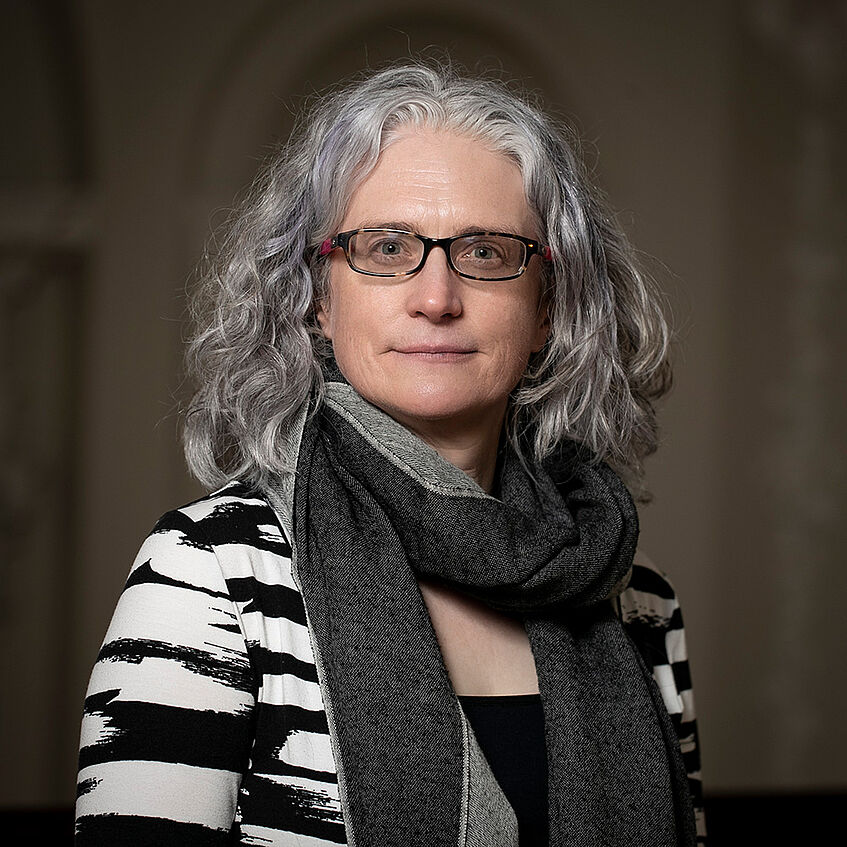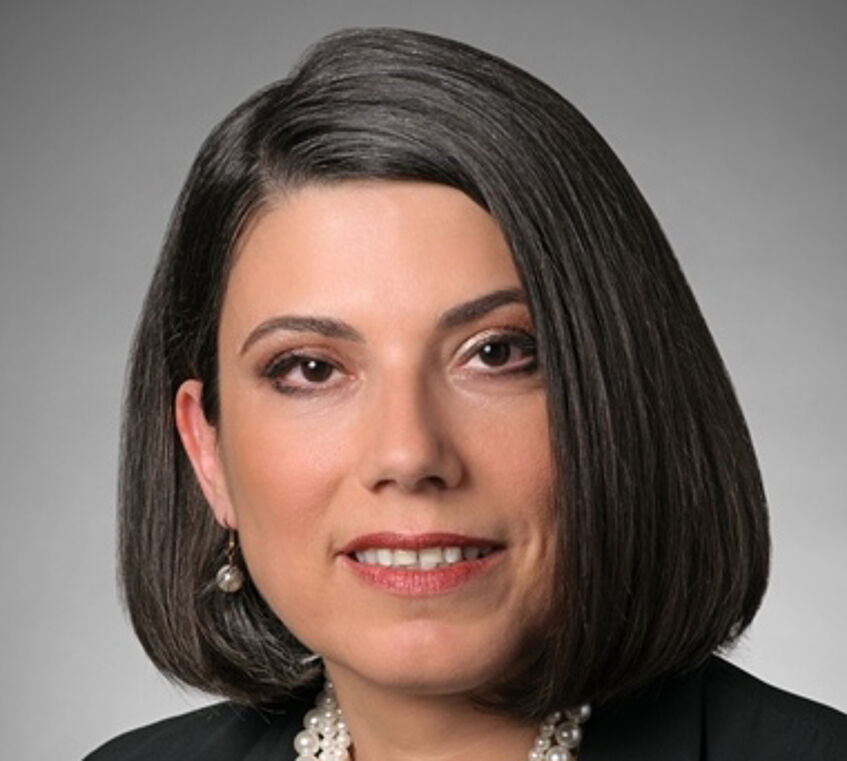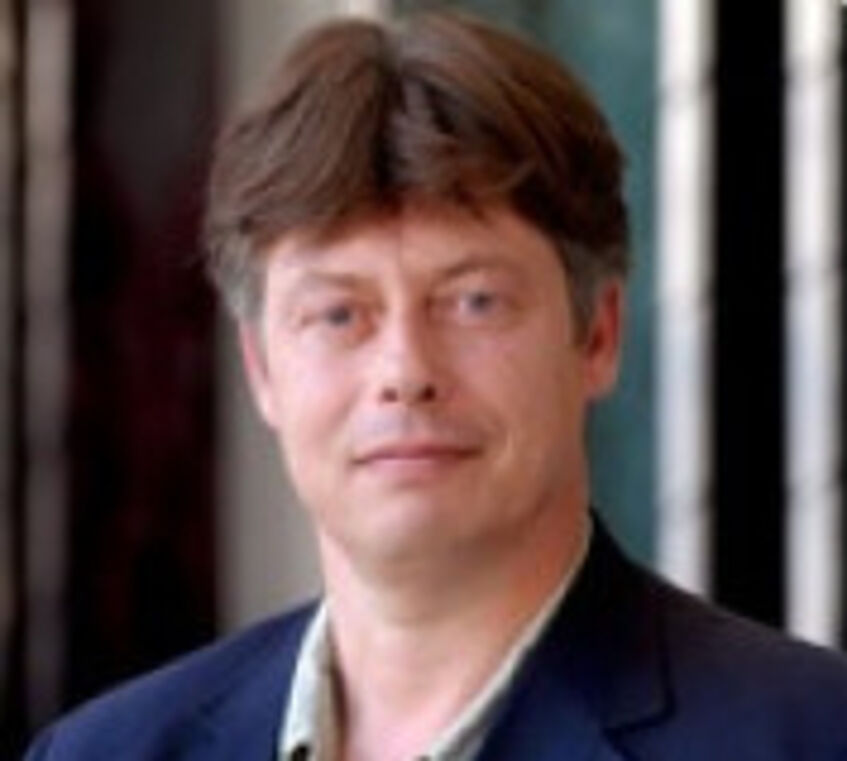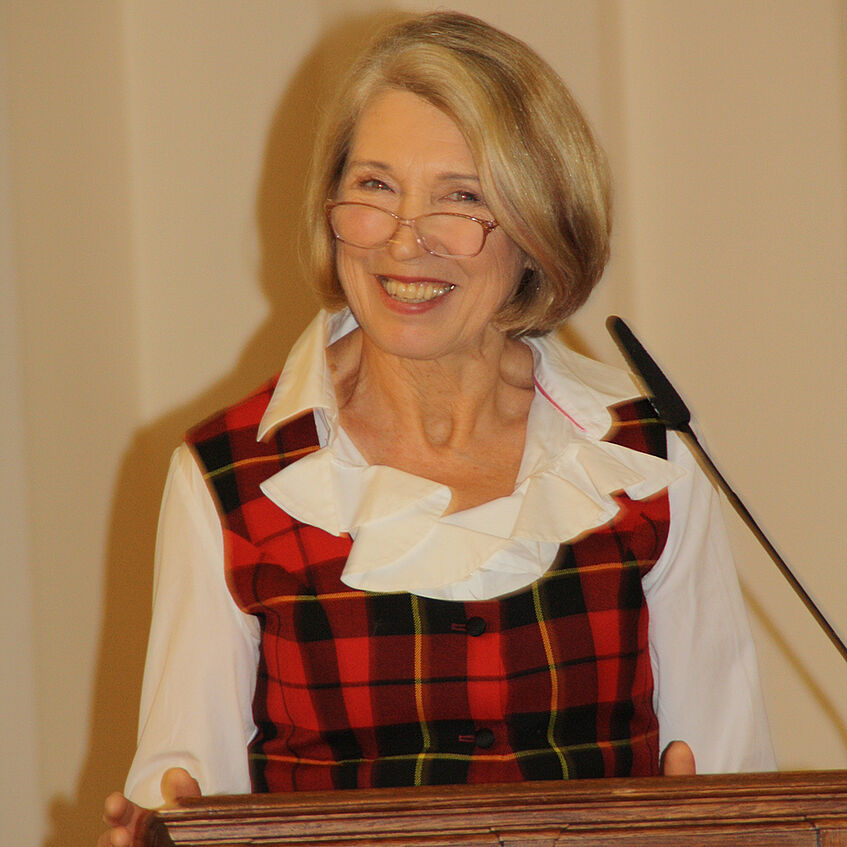
Scientific Advisory Board (Wissenschaftlicher Beirat)
Der Wissenschaftliche Beirat (Scientific Advisory Board, § 10 Organisationsplan der Universität Wien) der Fakultät berät diese bei der Entwicklungsplanung und unterstützt sie bei der Erfüllung der Zielvereinbarungen. Er gewährleistet eine externe Perspektive für die Arbeit der Fakultät und soll internationale Vernetzung auch für die Zukunft gewährleisten. Der Beirat besteht aus mindestens drei und höchstens fünf unabhängigen, international ausgewiesenen Wissenschafter*innen, die sich insbesondere durch ihre Erfahrungen in der Leitung und Entwicklung von Forschungseinrichtungen als auch in der strategischen Weiterentwicklung von Forschungsgebieten in den Sozialwissenschaften auszeichnen.
Derzeit besteht der Wissenschaftliche Beirat aus folgenden Mitgliedern:

Prof. Gail McElroy
Trinity College, Dublin, Irland
https://www.gailmcelroy.eu/
-
Kurz-CV
Gail McElroy is Professor in Political Science and Dean of the Faculty of Arts, Humanities and Social Sciences at Trinity College, Dublin. Her research spans the fields of Legislative Politics, Political Behaviour, European Union Politics, and Gender and Politics. She is actively involved in the Irish National Election Study and current research studies female legislators’ policy agendas and the lifecycle of parliamentary speech. She has extensive experience reviewing for universities, national science foundations and international research agencies such as the European Research Council and European Science Foundation.

Prof. Lilach Nir
Hebrew University of Jerusalem, Israel
Department of Communication and Journalism/Department of Political Science
http://politics.huji.ac.il/nir
-
Kurz-CV
Lilach Nir (Ph.D., University of Pennsylvania) holds a dual appointment as core faculty in the Department of Communication and Journalism and in the Department of Political Science at the Hebrew University of Jerusalem, Israel. She specializes in public opinion, mass media effects, and comparative political communication. Prof. Nir is a former Fulbright Fellow to the United States. She has served in the past on the International Communication Association (ICA’s) Executive Board and as Editor-in-Chief of Oxford’s International Journal of Public Opinion Research. Between 2021 and 2022 she was a member of the research publications evaluation taskforce, appointed by the Planning and Budgeting Committee of the Council for Higher Education in Israel. Her publications include journal articles on public opinion perceptions, cross-national differences in news exposure and its effects, and the contribution of political disagreement to opinion quality. Her work has won a number of best paper awards and professional recognition, and appeared or is currently in press in PNAS: Proceedings of the National Academy of Sciences, Journal of Communication, American Political Science Review, Public Opinion Quarterly, Political Communication, and Communication Research.

Prof. Peter Pels
Leiden University, The Netherlands
Institute of Cultural Anthropology and Development Sociology
https://www.universiteitleiden.nl/en/staffmembers/peter-pels#tab-1
-
Kurz-CV
Peter Pels is Professor of Anthropology and Sociology of Africa at the Institute of Cultural Anthropology and Development Sociology of Leiden University since 2003. In 1993 he graduated in social anthropology at the University of Amsterdam on a study of interactions between missionaries and Africans in late colonial Tanganyika. Between 1995 and 2003 he worked at the Research Centre Religion and Society of the University of Amsterdam. He is a specialist in the study of religion and politics in situations of colonial contact, the history of anthropology, the anthropology of magic, and social science ethics. He was the editor-in-chief of Social Anthropology/Anthropologie sociale, the journal of the European Association of Social Anthropologists, between 2003 and 2007. He was advisor on religion and materiality to the Çatalhöyük archaeological project in Turkey. His new book entitled “The Spirit of Matter. Religion, Modernity and the Power of Objects” is under review and he currently coordinates research into modern conceptions of the future, museums, and heritage.

Prof. Claire Wallace
University of Aberdeen, Vereinigtes Königreich
School of Social Science
https://www.abdn.ac.uk/socsci/people/profiles/claire.wallace#about
-
Kurz-CV
After graduating from the University of Kent, Claire Wallace taught at Plymouth and Lancaster Universities. During the early 1990s, she helped to set up the Sociology Department at the Central European University Prague, before moving to the Institute for Advanced Studies in Vienna, where she became Head of Sociology. She has been Professor of Sociology at the University of Aberdeen since 2005. Claire Wallace served as President of the European Sociological Association, 2007-2009 and was editor of their flagship journal "European Societies". Within Aberdeen, she was Director of Research for the College of Arts and Social Sciences, 2008-2011 and then became Vice-Principal for Research and Knowledge Exchange for the University, 2011-2014. Since 2022 she has been Director of Research for the School of Social Sciences. Claire Wallace has been researching quality of life and was Director of the European Observatory on Social Cohesion and Trust, 2005-2006. She spent many years working on transitions in Eastern Europe including projects on health in the former Soviet Union, national, regional and European identity as well as work, family and care across Europe including issues associated with digital working. More recently, she has been leading projects associated with digital communications in rural areas and with rural tourism.
